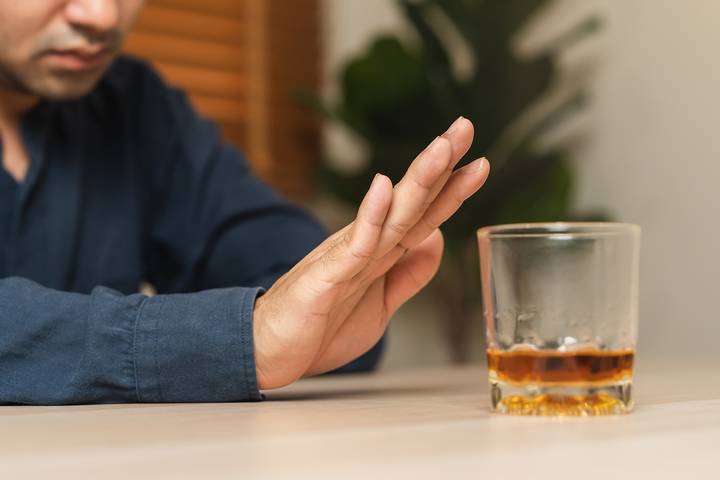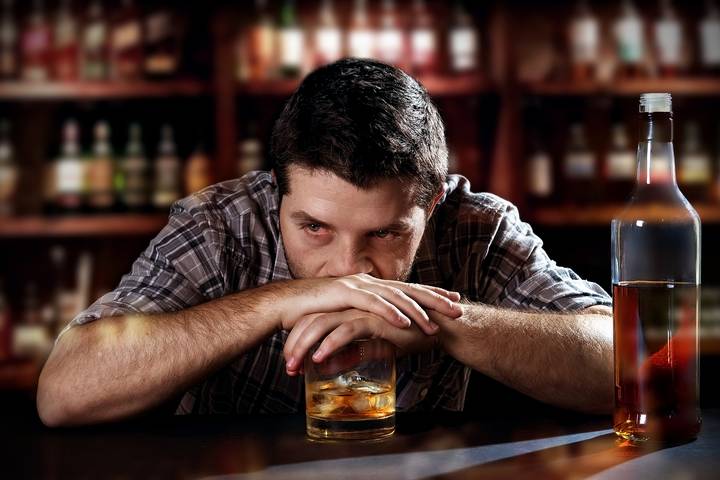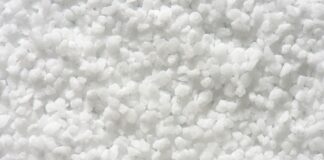More than any other substance, alcohol is the most commonly used addictive substance in North America. Despite the well-publicized negative effects that alcohol has on health, millions of people regularly consume alcohol in larger than recommended quantities.
Why alcohol is addictive is not an easy question to explore because the answer highlights why so many adults choose to use it. It’s also why alcohol addiction is a chronic relapsing disorder. It is incredibly difficult to stop for someone who is in the throes of addiction and dependence.
Let’s learn more about why alcohol is addictive:
It Becomes a Habit

Habitual drinking is a psychological cue that, at a certain time of day, in a certain type of experience, or when you’re in a certain mood, you may feel the urge to consume alcohol. It’s a habit. It’s what you’re used to doing. It may even grow into becoming a compulsion.
Then, there are cues to drink, such as people, places, events, feelings, certain types of glassware, or a thinking pattern. Addiction treatment centers can provide guidance before the condition escalates.
It Can Be Social
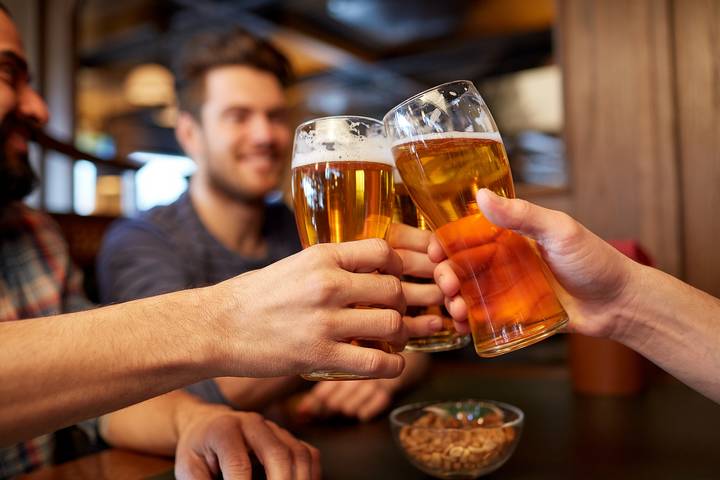
So many people drink alcohol. We all have friends, family, and co-workers who do it. There is a peer pressure element where a person feels like, to fit in, they have to consume alcohol.
It’s a social activity that can foster connection and camaraderie in certain instances. It stokes positive feelings in this sense and is why many start drinking for the first time.
It Can Make You Confident

If you normally find it difficult to be social, don’t have the confidence to talk with others, or struggle in social situations, alcohol may help ease these interactions. This is why many people drink regularly. It puts you and others at ease, facilitating more open and honest conversations.
It Stimulates Pleasure
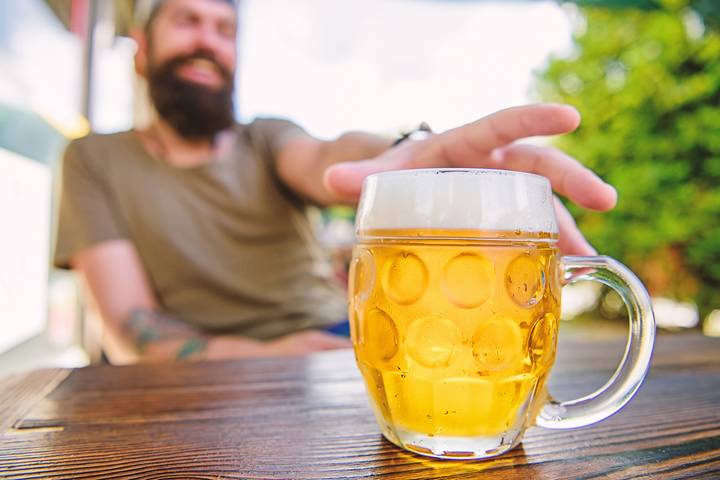
When a person consumes alcohol, their brain is flooded with dopamine, which creates a euphoric buzz. Even a sip of alcohol can start this process and associate alcohol with pleasure. If your brain is not producing enough dopamine, this sort of pleasure response and release is how many addictions start.
It Can Stem From Impulse

Some of us are more prone to alcohol addiction because of impulse control issues. One may struggle to limit their consumption with other things, such as eating. They simply want more, even when it isn’t needed.
As this behaviour transfers over to drinking alcohol, the impulse to keep drinking – combined with other factors – sets up alcohol to be highly addictive for such a person.
It’s a Pain Killer
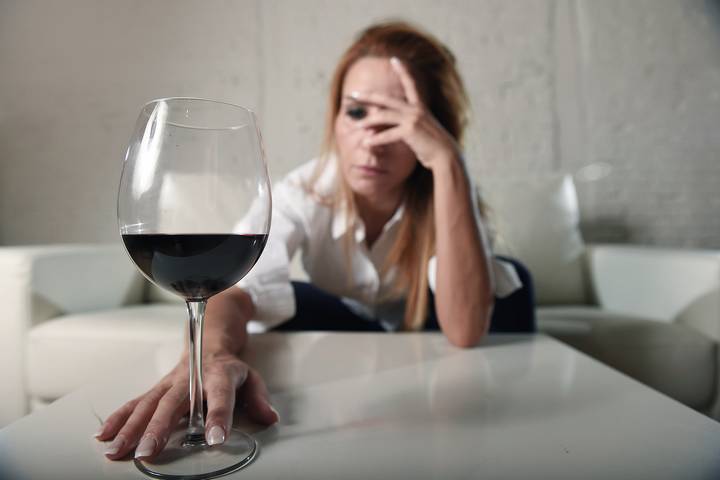
In addition to producing pleasure in the brain and the body, alcohol can have pain-relieving effects, helping reduce anxiety and blocking the NMDA receptors in the central nervous system. When consumption starts, an initial positive mental and physical effect keeps a person returning and consuming more.
It Relieves Stress
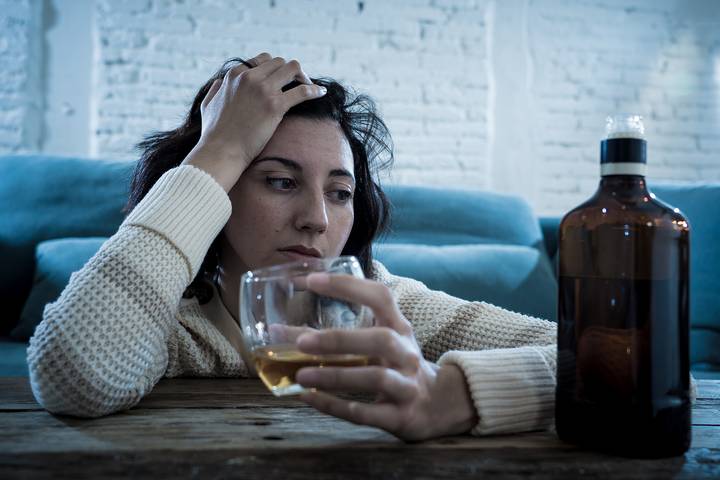
Alcohol can have a powerful effect on stress and anxiety in some brains, blunting these negative feelings and replacing them with the above pleasure effects. If someone is under extreme stress, they may cope with it through alcohol, and it may work for a short time to provide temporary relief from emotional discomfort.
It’s an Escape
Alcohol is a temporary escape from uncomfortable feelings. People who struggle with trauma often rely on alcohol as a means of making it through difficult thoughts and emotions. It’s escapism in a way that no movie, book, or piece of music quite is, which turns into an unhealthy routine of relying on it.
It Produces Brain Changes
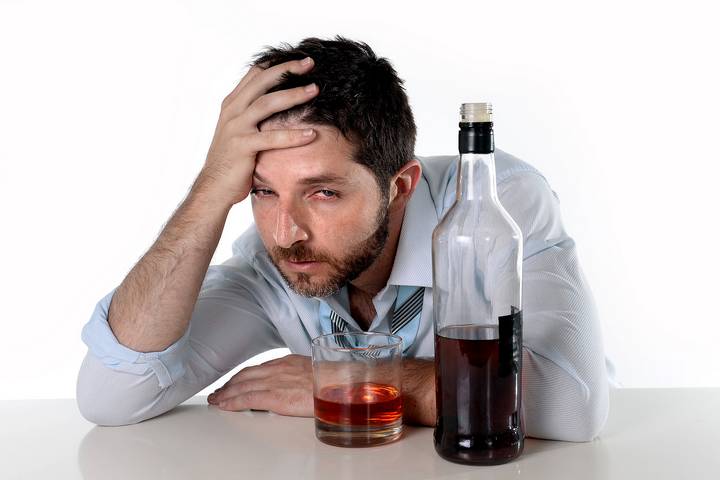
After a while, alcohol can physically change the brain’s chemistry and how it functions. The reward and pleasure centers become overloaded, and the only way to stimulate them is through the use of alcohol.
Decision-making can then fall by the wayside as a person chases the feeling of being happy, chemically motivated by these changes in the brain.
It Eliminates Withdrawal

After you have been consuming alcohol in excessive doses for such a long time, withdrawal symptoms emerge when you stop. A person can also get hit with a negative emotional state when alcohol isn’t available.
Withdrawal symptoms can be extremely serious, ranging from nausea to hand tremors, depression, anxiety, insomnia, and seizures that can be fatal. The only solution, in their eyes, is to start drinking alcohol again, and so the cycle continues.
It’s a Reliable Feeling

Alcoholics seek alcohol because they can rely on it. They know it will produce certain effects for them. They may be in a world where they don’t have a lot of pleasure or control, but they can receive pleasure and believe themselves to be in control when it comes to drinking alcohol.
It May Treat an Underlying Disorder
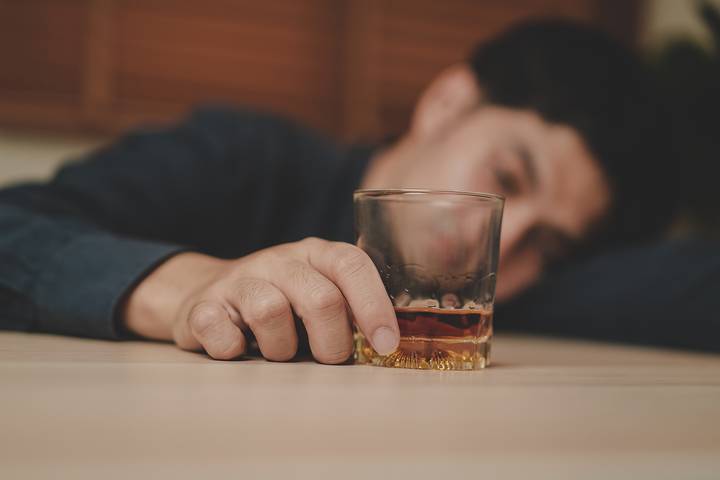
Every 1 in 5 people with alcohol or substance abuse disorder also have an anxiety or mood disorder. If you’re struggling mentally or physically, and are not receiving enough care, or are under-treated or under-medicated, you may find alcohol to be a saving grace as unhealthy as it is.
It can help temporarily minimize symptoms while stimulating pleasure; however, it never treats the underlying illness and only sets you up for addiction.


